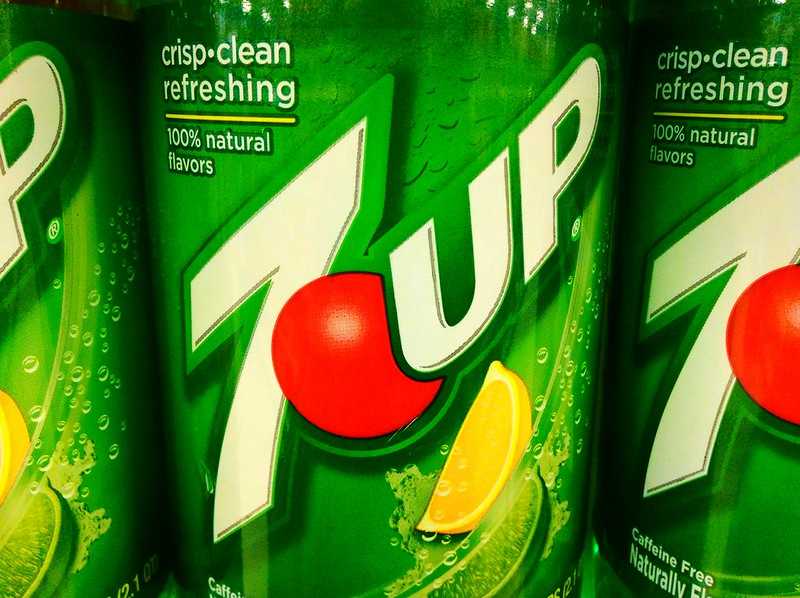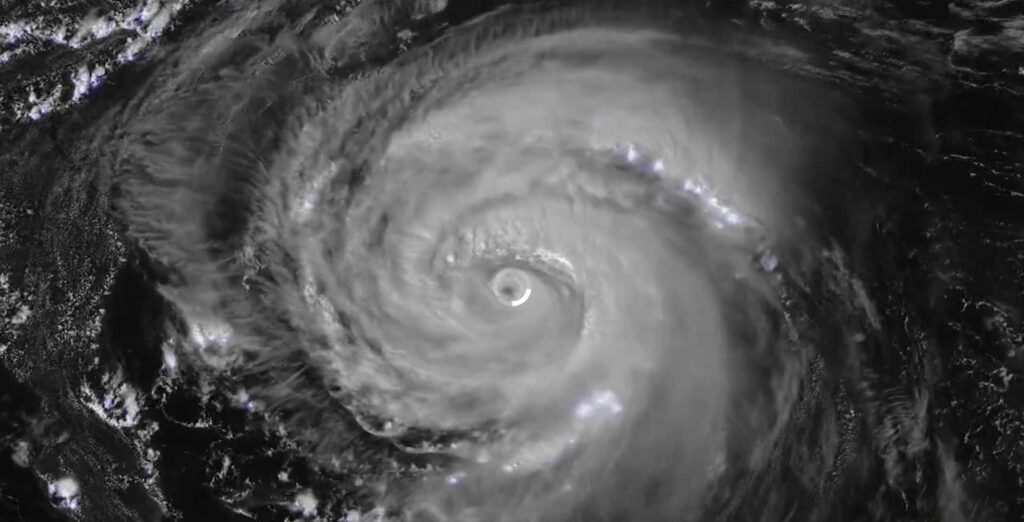Nearly 2,000 cases of 7Up Zero Sugar Tropical Soda have been recalled after the discovery that cans labeled as sugar-free actually contain full-sugar soda. This mislabeling poses significant health risks for people with diabetes or others monitoring their sugar intake.
The recall, initiated on July 31, 2025, by Buffalo Rock Company Inc., a major Keurig Dr Pepper bottler, affects products distributed in Alabama, Florida, and Georgia. On August 20, the U.S. Food and Drug Administration (FDA) classified it as a Class II recall, indicating that exposure to the mislabeled product may cause “temporary or medically reversible adverse health consequences.”
For people with diabetes, consuming unexpected sugar can lead to dangerous spikes in blood glucose levels. A regular 12-ounce can of 7Up Tropical contains approximately 38 grams of sugar – a substantial amount for someone expecting a zero-sugar beverage.
The Defense Commissary Agency has removed the affected products from their store shelves at impacted locations including those at Wright Patterson AFB in Ohio, Pittsburgh Area in Pennsylvania, NSB Kings Bay in Georgia, and Naval stations in Florida.
The recall specifically involves 12-fluid ounce aluminum cans of 7Up Zero Sugar Tropical Soda packaged in cardboard cartons labeled as “7Up Tropical Flavored Soda.” Consumers can identify affected products by checking for:
- Cans labeled “7UP Zero Sugar Tropical Soda” with UPC code 078000037975
- Cartons with UPC code 078000037982
- Lot numbers XXXXBR062156 or XXXXBR062256
- Use-by date of March 23, 2026
The FDA classifies recalls into three categories based on the potential health risks. A Class II recall, as in this case, indicates a situation where a product “may cause temporary or medically reversible adverse health consequences” but where the probability of serious health consequences is remote.
Similar Posts
Health experts note that while a single exposure to unexpected sugar won’t cause long-term damage for most people with diabetes, it can trigger uncomfortable symptoms and require medical intervention in some cases. Regular intake of sugar above recommended levels has been linked to increased risk of type 2 diabetes, heart disease, and other chronic conditions.
Consumers who have purchased the recalled 7Up Zero Sugar Tropical Soda and need to restrict their sugar intake should not consume the product. The FDA recommends either discarding the product or returning it to the place of purchase for a full refund.
For those without sugar restrictions, the product is safe to consume, though it will contain the full 38 grams of sugar rather than being sugar-free as the label indicates.
This recall follows a similar incident earlier this year involving Dr Pepper Zero Sugar, which was also found to contain full-sugar soda instead of the zero-sugar product indicated on the label. That recall affected over 19,000 cases distributed in Florida, Georgia, and South Carolina.
Food and beverage recalls have increased approximately 15% between 2020 and 2024, according to compliance company Traceone. Mislabeling, particularly of allergens or ingredients like sugar that pose health risks to certain populations, remains one of the most common reasons for these recalls.
Consumers with questions about the recall can contact Buffalo Rock Company or the FDA for more information. Those who have consumed the mislabeled product and experience adverse health effects should consult with their healthcare provider.



















